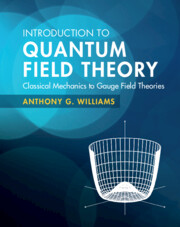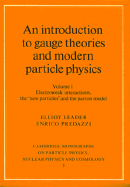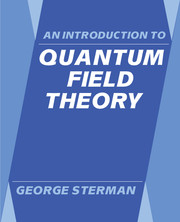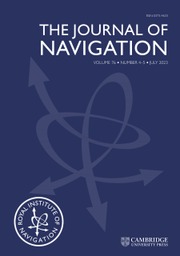Introduction to Quantum Field Theory
This textbook offers a detailed and uniquely self-contained presentation of quantum and gauge field theories. Writing from a modern perspective, the author begins with a discussion of advanced dynamics and special relativity before guiding students steadily through the fundamental principles of relativistic quantum mechanics and classical field theory. This foundation is then used to develop the full theoretical framework of quantum and gauge field theories. The introductory, opening half of the book allows it to be used for a variety of courses, from advanced undergraduate to graduate level, and students lacking a formal background in more elementary topics will benefit greatly from this approach. Williams provides full derivations wherever possible and adopts a pedagogical tone without sacrificing rigour. Worked examples are included throughout the text and end-of-chapter problems help students to reinforce key concepts. A fully worked solutions manual is available online for instructors.
- Offers a detailed and uniquely self-contained presentation of the subject, accessible to students without formal experience in the theoretical foundations
- Provides full derivations wherever possible and adopts a pedagogical tone without sacrificing rigour
- Includes worked examples throughout the text and end-of-chapter problems help students to reinforce key concepts. A fully worked solutions manual is available online
Reviews & endorsements
‘This new and very welcome introduction to quantum field theory takes the reader from the basics of classical physics and the beauty of group theory to the intricacies and elegance of gauge field theories. Students and researchers alike will treasure this fresh approach to one of the foundation stones of modern physics.’ Thomas Appelquist, Yale University
‘I wish this text had been available the last time I taught quantum field theory. The author provides clear, detailed expositions, which serve students with diverse backgrounds for multiple course syllabi.’ Steve Gottlieb, Indiana University
‘The rigorous and logical approach makes this text certainly one to be seriously considered for use in a quantum field theory course. In any case, it is one which practitioners will definitely want to have within easy reach on their bookshelf.’ Barry Holstein, University of Massachusetts Amherst
‘Both as an introductory text and as an excellent single-volume compendium on quantum field theory, this book is highly recommended for students as well as practitioners at all levels.’ Wolfram Weise, Technical University of Munich
Product details
July 2022Adobe eBook Reader
9781108600873
0 pages
This ISBN is for an eBook version which is distributed on our behalf by a third party.
Table of Contents
- 1. Lorentz and Poincare Invariance
- 2. Classical Mechanics
- 3. Relativistic Classical Fields
- 4. Relativistic Quantum Mechanics
- 5. Introduction to Particle Physics
- 6. Formulation of Quantum Field Theory
- 7. Interacting Quantum Field Theories
- 8. Symmetries and Renormalization
- 9. Nonabelian Gauge Theories.





